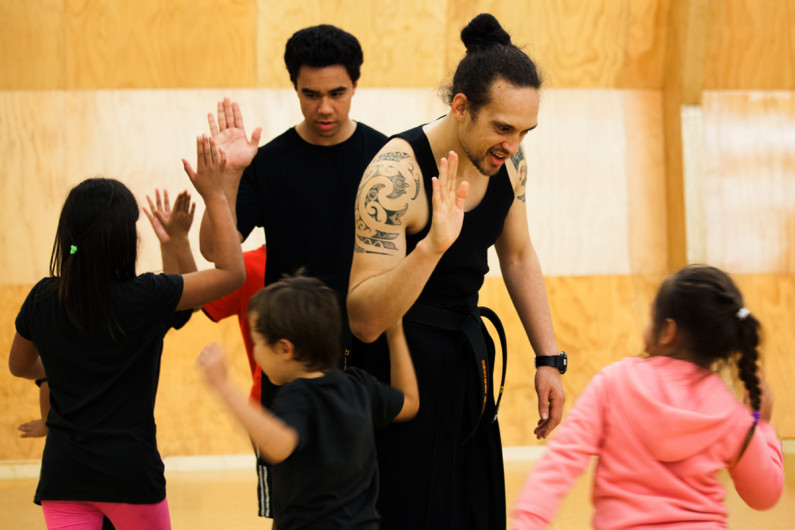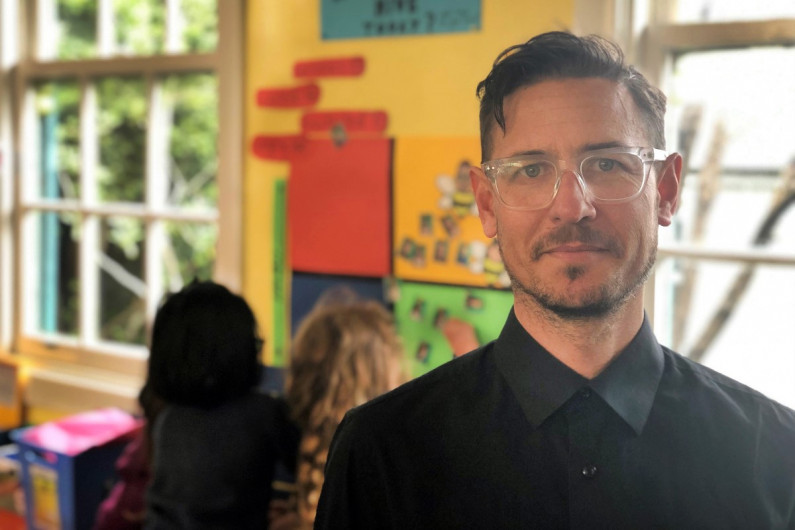How to become a teacher

Study to become a teacher and share knowledge with future generations.
What's on this page?
Are you looking for a career change because the COVID-19 pandemic has affected your work?
There are good job opportunities for teachers in New Zealand.
You could study fees-free or get a scholarship to study with TeachNZ.
Early childhood teaching
Early childhood teachers educate and care for young children in kindergartens, childcare centres or kōhanga reo. Kōhanga reo kaiako also help children learn te reo Māori and tikanga Māori (culture and customs).
To become an early childhood teacher you need one of the following qualifications:
- Bachelor of Teaching (Early Childhood Education)
- Graduate Diploma of Teaching (Early Childhood Education).
To become a kōhanga reo kaiako, you need one of the following:
- Bachelor of Education (Whakaako) Early Childhood Education Whariki Papatipu (Level 7)
- Heke Whakaakoranga (Level 5)
- Poutuarongo Reo Māori (Level 7)
- Te Tohu Paetahi Whakaato Kōhungahunga (Te Reo Māori) (Level 7)
- Whakapakarai Tino Rangatiratanga (Level 7).
School teaching
Primary school
Primary school teachers teach children between the ages of five and 13 at primary or intermediate schools.
To become a primary school teacher you need to have one of the following:
- Bachelor of Education (Teaching)
- Bachelor of Teaching (Primary or Māori Medium)
- Bachelor of Teaching and Learning (Primary).
Secondary school
Secondary school teachers plan, prepare and teach one or more subjects to students between the ages of 13 and 18.
To become a secondary school teacher you need to have one of the following:
- a specialist subject degree followed by a one-year Graduate Diploma of Teaching (Secondary) or a Master of Teaching (Secondary)
- Bachelor of Education (Technology)
- Bachelor of Teaching conjoint degree (a combination of teaching and specialist subjects).
Kaiwhakaako Māori
Kaiwhakaako Māori teach in te reo Māori at primary and secondary schools.
Outside the school system, kaiwhakaako Māori can teach trainee teachers in tertiary institutions or move into research and policy roles in the education sector.
Entry requirements for kaiwhakaako Māori vary depending on the type and level of school.
School support
Teacher aides support learners, from early childhood to secondary school.
You can become a teacher aide without a qualification. However, many employers prefer to hire teacher aides who have experience working with young people.
- Teacher aide job information (education support worker, special education assistant)
How to fund your study
TeachNZ scholarships
If you are planning on enrolling, or are already enrolled on an approved Initial Teacher Education course, you are eligible for one of five scholarships offered by TeachNZ. There are two opportunities to apply for a scholarship throughout the year. So whether you are a graduate or undergraduate, a school leaver or a career changer, if you have the passion to teach there are great choices available for you.
465 TeachNZ scholarships are offered each year.
Ako Mātātupu: Teach First NZ
The Ako Mātātupu: Teach First NZ programme places recipients in secondary schools and funds them to gain an approved post-graduate qualification over two years while they still receive a salary.
Fees Free and StudyLink
If you’re doing tertiary study or training, you may be eligible for the Fees Free initiative.
If you need a student loan, get advice from StudyLink, your study or training provider, family/whānau or friends before applying as you’ll need to pay it back when you start working.
Find out more
Sources
- Become a Teacher website, accessed July 2020, (www.becomeateacher.co.nz).
- Ministry of Education, ‘Become a Teacher or Return to Teaching’, accessed July 2020, (www.education.govt.nz).
- Teaching Council, ‘Studying to be a Teacher’, accessed July 2020, (www.teachingcouncil.nz).
- TeachNZ, ‘Studying to be a Teacher’, accessed July 2020, (www.teachnz.govt.nz).
Updated 11 Jul 2024
